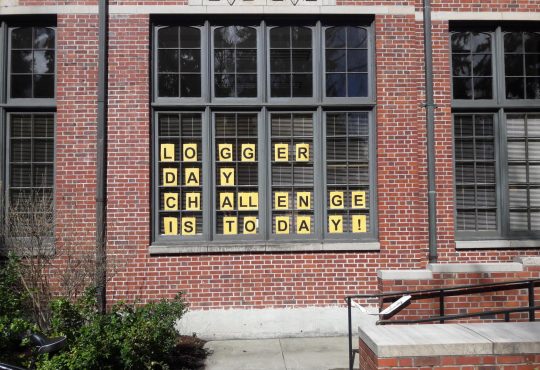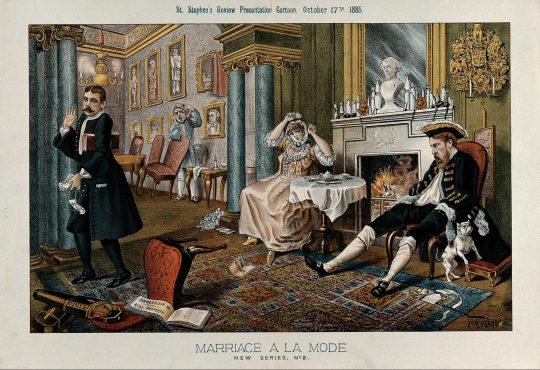

In our world, money talks. However taboo, the rule of thumb for our modern economy is whoever has the most money gets the most, and the best, things. Usually, we associate wealth with materialism — Italian race cars, seven-story beach palaces and a jewelry box heavy with gold are the peak of most people’s dreams of winning the lottery. But money can buy more than just tangible objects — and a fascinating college scandal that broke on March 12 is evidence of that.
The New York Times’ coverage of the FBI investigation codenamed “Operation Varsity Blues” lists upwards of 50 people who were indicted for bribery and fraud, centered around getting wealthy children into 11 top American universities. Parents across the country paid in total $25 million to William Rick Singer, college admissions counselor and fraudulent businessman, between 2011 and 2018. Part of this money was used to bribe numerous college officials and to fabricate test scores for the parents’ children.
As a result, students got into top schools across the country like the University of Southern California, University of California Los Angeles, Georgetown University, Stanford University and Harvard University. Some were admitted via athletics programs, after a coach or admissions official was bribed to fake students’ athletic skill. Others were given falsified learning disability accommodations for their SAT or ACT exams and then given the test in a facility under the control of Singer himself, so as to completely fabricate test scores.
The investigation is still ongoing. Singer has confessed to helping more than 750 families gain college admission unethically.
News of this fiasco is, in an odd way, refreshing. In today’s truly absurd newsfeed, it’s nice to see a welcoming, nostalgic headline: “Rich white people get better things and have better lives than the rest of us.” I doubt anyone was really surprised when the story broke — after all, “Legally Blonde” came out in 2001. We’ve known that plenty of people buy their way through life in this country.
On another note, a part of me wants to say it’s endearing. As a friend pointed out, parents will do anything for their children. And when they have the means and resources to literally do anything to make their children happy, that’s what they’ll try to do.
But these 750 families, in trying to make their own lives easier, are sending ripples through a fascinated and shocked nation. They’ve opened a window into the cold truth behind the societal stake held in education and what money does to it.
Operation Varsity Blues makes it clear that “admission” is a fancy synonym for “gatekeeping.” Rather than the images we’re given of the admissions process being the work of a team of dedicated, passionate counselors trying to matc

h a great student with a great school, really the path to admission sits on the shoulders of the weakest and most dishonest links in each University’s chains. If SAT scores and athletic performance can be bought, then admission can be bought. We’re told that SATs and sports are an assessment of our worth to society, in which we place the value of our education. So apparently the price of access to education is a smooth couple hundred thousand dollars and a crooked college official.
These parents made their mistake in picking a fight with the value of education in the first place. Education is not a commodity but a human right and has no material price. It should not be and cannot be bought, bartered, lent or sold. But as the lines blurred by Operation Varsity Blues indicate, modern education is really about the money.
What does this incident tell the non-absurdly wealthy schoolchildren across the country? That in the end, their development of skills, years of training and practice, and dedication are worth not a dime more than their parents’ paychecks. And what does it say to nonwhite and non-wealthy students? Don’t bother. Their taxing work to gain an education in a system stacked against them can be easily trumped by a couple stacks of cash.
This association between education and wealth is a menace to the wellbeing of American society. Without a fairer and more honest reorientation of education at all levels, the children of America will continue to be assaulted by corruption and greed.




